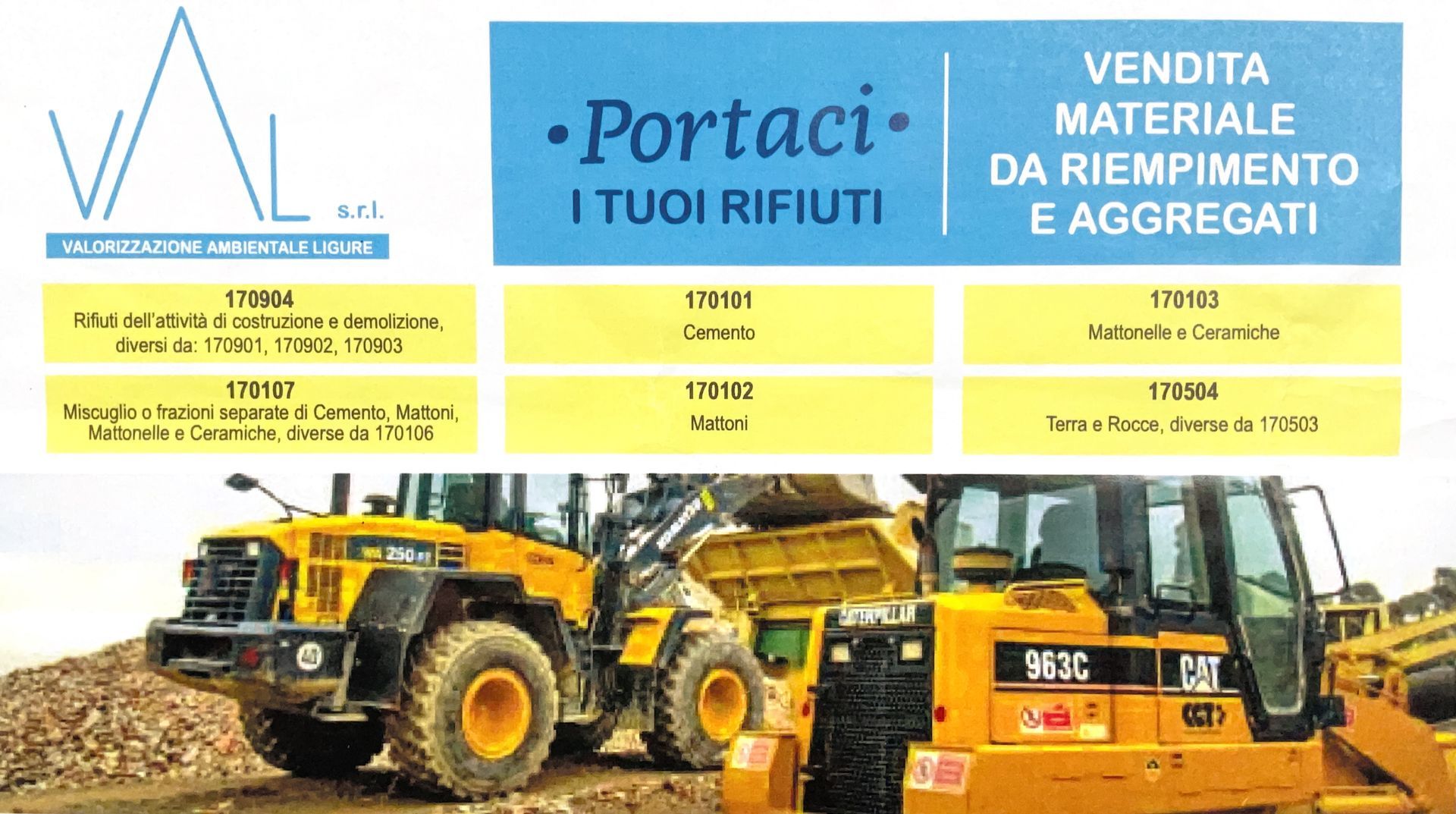ANALYSIS AND CLEANING OF PIPES BOATS RISK OF LEGIONELLA
Drinking water control on boats and in the Navy
Pleasure boats, like accommodation facilities, are required to carry out routine analysis of drinking water according to Legislative Decree no. 31/2001, having to respond to the quality of the same from the point of collection/meter onwards, towards the white water systems present inside boats, yachts or ships.
Therefore, it is necessary to analyse drinking water at least once a year, including the chemical, physical and bacteriological parameters required by law, in addition to monitoring the risks related to legionella contamination that can develop in accumulations and circuits.
Reference legislation:
Legislative Decree no. 31 of 02/02/2001 Implementation of Directive 98/83/EC relating to the quality of water intended for human consumption.
Ministerial Decree n. 443 of 21/12/1990
Regulation containing technical provisions concerning equipment for the treatment of drinking water.
Limestone and other salts are found in almost all water in their dissolved form, and it is precisely the limescale that is responsible for the hardness of the water. Depending on the amount of lime/calcium carbonate, dissolved carbonic acid, and the temperature of the water, the minerals precipitate and begin to crystallise, leaving deposits on the surfaces.
Deposits can reduce heat transfer in heat exchangers and significantly reduce the efficiency of the heating/cooling system. Increased pressure loss and decreased flow rate are other symptoms associated with scale in a hot water boiler.
Calcium build-up in plumbing pipes and fittings can cause them to clog, rendering them partially or completely dysfunctional. If your water has a high mineral content, it will take less than a month for calcium deposits to build up in and around your plumbing pipes and fittings.
Therefore, the importance of regularly cleaning hydraulic fittings and other pipes takes on even greater importance as the formation of scale on the internal walls of pipes can give rise to the formation of legionella.
REGISTERED OFFICE
Via Fieno, 3 - 20123 Milano
OPERATIONAL HEADQUARTERS
CONTACTS
+39 019 690774
+39 019 690778
serviziecologici@pcert.postecert.it









